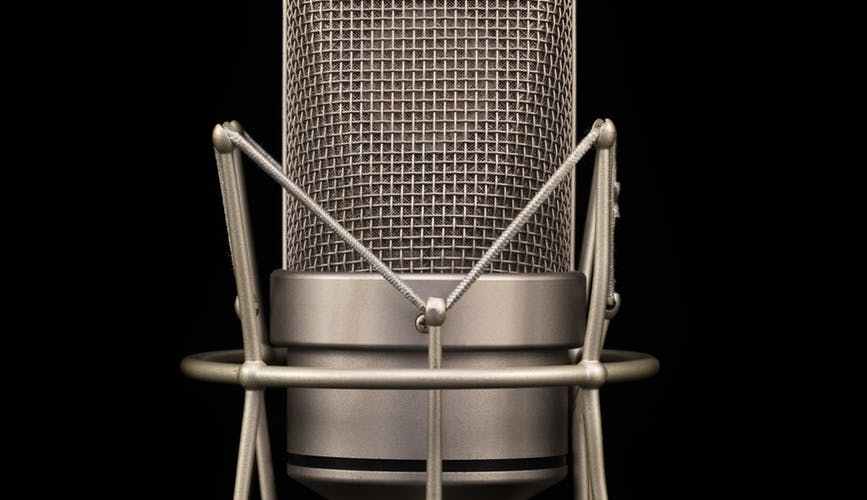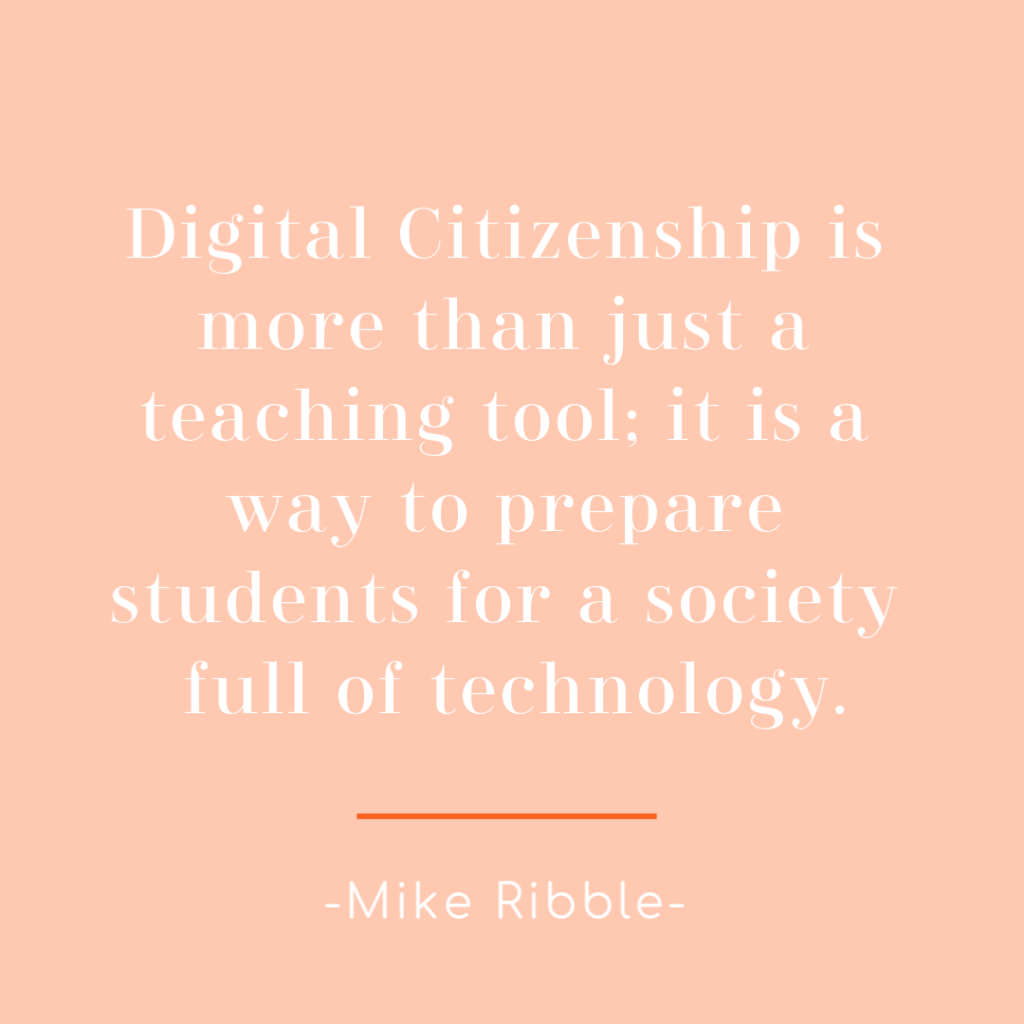Over the past couple months, I have grown in my knowledge and experience with the art of podcasting. What started out as a school project, actually turned into a new passion. With all of the uncertainty and changes that have happened in our world recently… listening to podcasts, taking part in interviews, and creating my own episodes have been a beautiful way to cope with the current situation that we are living in. As I reflect back on my podcast process so far, I thought I would share some tips and tricks that I learned along the way in case you are thinking of starting one of your own.

1. Quality Matters
When I first started this project, I put out a survey to ask people what they look for in a podcast. It soon became clear that people prioritize good sound quality. I quickly learned a few ways to increase the quality of my podcast without breaking the bank. There were a few things that I did in order to make the sound of my podcast stand out. First, I made sure I had a good microphone. I bought a Yeti Nano microphone for around $120. I was very impressed with it’s high sound quality and capability to connect to any computer. I also purchased a pop filter to help reduce background noise. Later, I purchased a microphone headset from Amazon for around $40 to see if it compared. Unfortunately, I got what I paid for with the Amazon purchase because the sound quality was significantly less.

I now know, that in the grand scheme of things, $120 is worth it if it makes your podcast quality stand out. I also found an easy trick to increase sound quality- record in your closet! I was shocked at how much better the confined space made my podcast sound. Sometimes it just takes experience to figure out what makes your podcast sound quality stand out.
2. Choose the Right Platform
When I first started out, I chose Anchor as my platform to record and edit my podcasts. After realizing that Anchor is a better program for hosting rather than recording and editing, I decided to do my recording on Zencastr, especially since all of my interviews were long distance. I was thoroughly impressed with the quick-to-learn features and top notch sound quality. I had to pay a minimal amount (as in a couple of dollars) to download my finished recording, but it was completely worth it! As for the editing, I chose Garage Band because it gave me ownership over my content and I was able to fine tune it more meticulously. However, I still use Anchor to host my podcasts because they automatically and easily distribute to all of the podcast platforms like Apple Podcasts and Spotify.
I also host my podcast on voicEd.ca, which is an incredible website for educational blogs and podcasts across North America. There are so many options and avenues you can take when creating your podcast, so it’s important to do your research and choose the right platform.
3. Be Creative

In order for my podcast to stand out, I wanted to not only make sure my episodes sounded clean and well-recorded, but I also wanted my logo and brand to look established. I didn’t put much thought into my original logo because I didn’t create it with much of a purpose. As I became more invested into my podcast, I decided my logo needed a change. I chose an online design website to create my logo so that the process could be quick and inexpensive. I usually use Canva for my design needs, but this time I decided to try out PicMonkey. They are both easy-to-use websites with engaging templates, but PicMonkey has a monthly fee. Luckily I signed up under their 7 day free trial, so I was able to do my logo free of charge. In a couple of days, I turned my podcast from something that looked amateur into a brand that now looks established. It’s amazing what a little creativity can do to freshen up your podcast look!
4. Be Prepared
You might think that a podcast episode is done with little to no preparation. Think again. When you see a new podcast episode up, what you don’t see are the countless hours of planning and hard work put into that. I quickly learned that every new episode is a longer process than I had initially thought. However, the more experience I got with it, the more efficient and organized I became. Before I start recording a podcast episode, I start preparing in various ways. Throughout this project, I learned some strategies that helped me and could help you too! When I first started out and was organizing my first interview, I would do all of my communication and scheduling through email. However, it was a lot of “back and forth” and the finer details were hard to keep up with. I came up with a podcast document on Google Docs that outlined the recording schedule and contained details about the recording process and platform. Closer to the recording date, I would email my guest the “talking points” and questions that I had planned for the interview. I realized that when I put more time and planning into the interview, I was more confident when it came time for the episode.

5. Reach Out
Do not be afraid to put yourself out there and make connections with other people! I was surprised to find that almost all the people I reached out to were receptive and excited when I asked them to be a guest on my podcast. I made incredible connections with people like Kathy Cassidy and Mike Ribble. I also reached out to companies like Seesaw and Common Sense Education and they both put me in touch with people who were willing to share their knowledge. Reaching out also opened up a lot of doors and created opportunities for me. I made a connection with Vicki Davis, from the 10 Second Teacher Podcast, and she asked me to speak on her podcast. Due to the recent events of COVID-19, unfortunately those interviews had to be rescheduled, but they are still to come! It’s important to ask and connect, because most of the time, people will support you and join your journey.
6. Do Your Research
Before you interview any guest or speak on a podcast, it’s important that you do your research. When I put out my initial survey asking what people looked for in a podcast, people talked about the importance of quality research. Right when I started this project, I knew I had to put in the effort before I started the recording process. When I have an interview coming up, I read their blogs, follow them on Twitter, check out their About Me page, and read articles they have been a part of. I make sure that I am well-versed with their material so that I understand the topic and can plan for the interview accordingly. Research and understanding is an important part of the podcast process.
7. Be Authentic
I have come to realize that authenticity and vulnerability are important in connecting people to your podcast. When I first started making podcasts, I was nervous when it came time for recording. I had everything scripted and I made sure that when I edited it, the final copy sounded perfect. However, the more practice and experience I gained, the more my need for perfection decreased. I have started using my questions and talking points as a guideline and I am intentional about letting the conversation go in the direction that it needs to. Yes, I have structure for each interview, but I have also learned that there is beauty in a real conversation. As I have grown in my podcasting abilities, I have learned to be more confident and authentic in what I have to say.

There you have it! 7 important steps if you are thinking of starting a podcast yourself. It takes a lot of work to start your own podcast and organize each episode, but the outcome is worth the effort. Even though my formal project for the semester is done, this is just the start of my podcasting journey. I am looking forward to what I come up with next! In the mean time, you can subscribe to EdTech Endeavours on Apple Podcasts and Spotify and take a look at the rest of my podcasting journey below!
- Research, Reflect, Repeat: A Podcast in the Making
- Growth and Goals: A Look Into my Podcast Progress
- “In Conversation with Stephen Hurley” Interview
- The Podcast Playback: The 9 Elements of Digital Citizenship Edition
- The Podcast Playback: A Conversation with Kathy Cassidy
- The Podcast Playback: A Conversation with Mike Ribble
- “I Wish I Knew Edu” Interview… Coming Soon!
Thanks for joining me on this journey! Keep a look out for more interviews and podcasts coming up soon… and while we are waiting, let me know what topic you want to hear about or guest I should have next on my podcast!
-Amanda


































